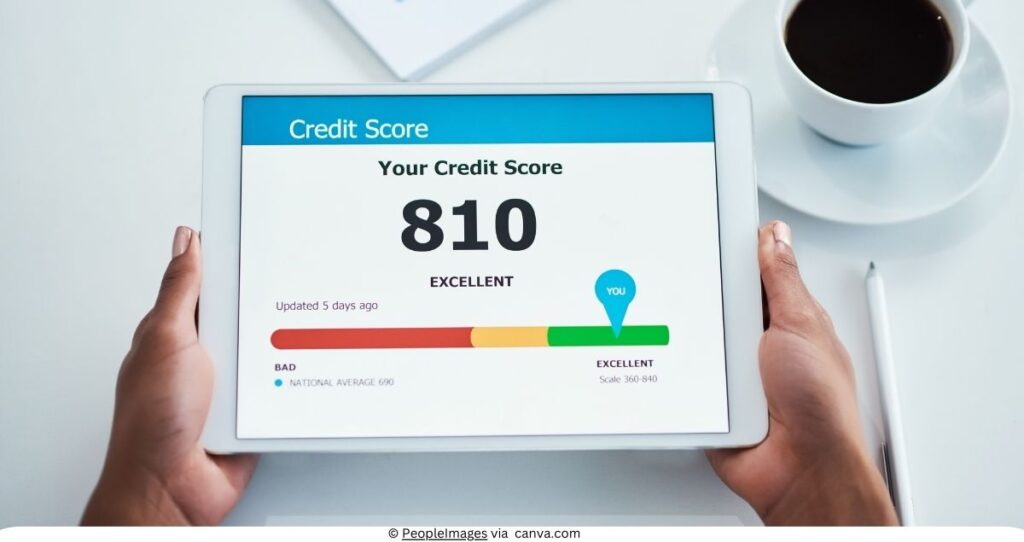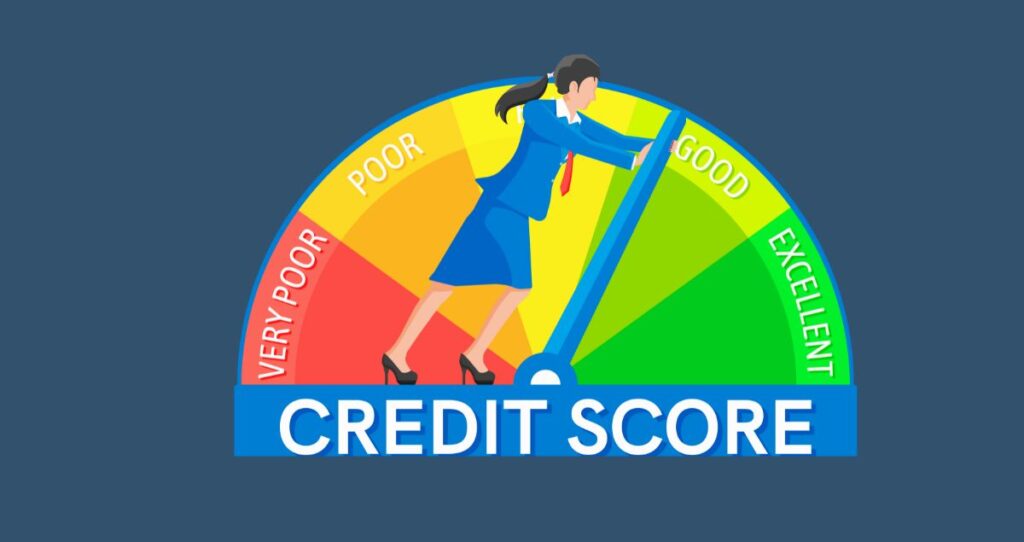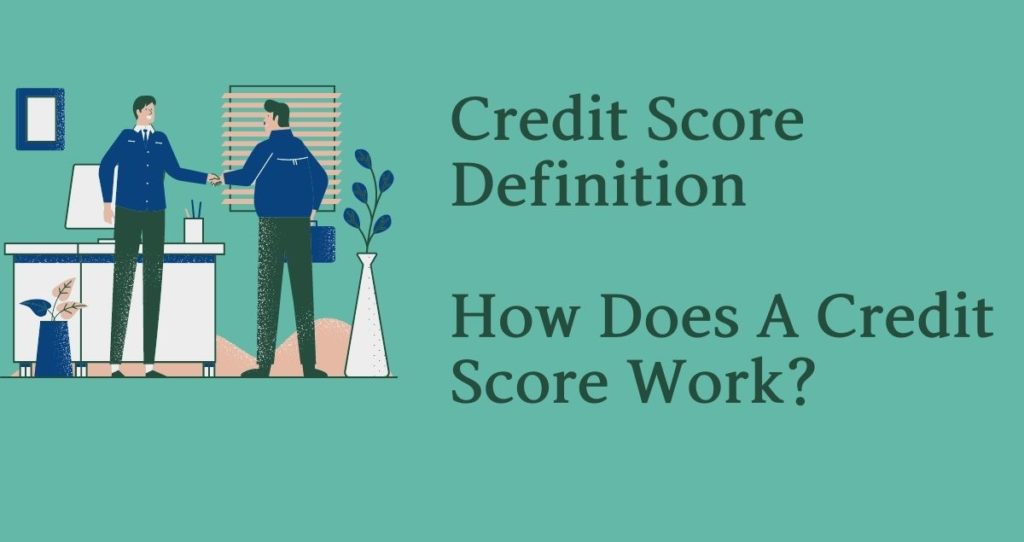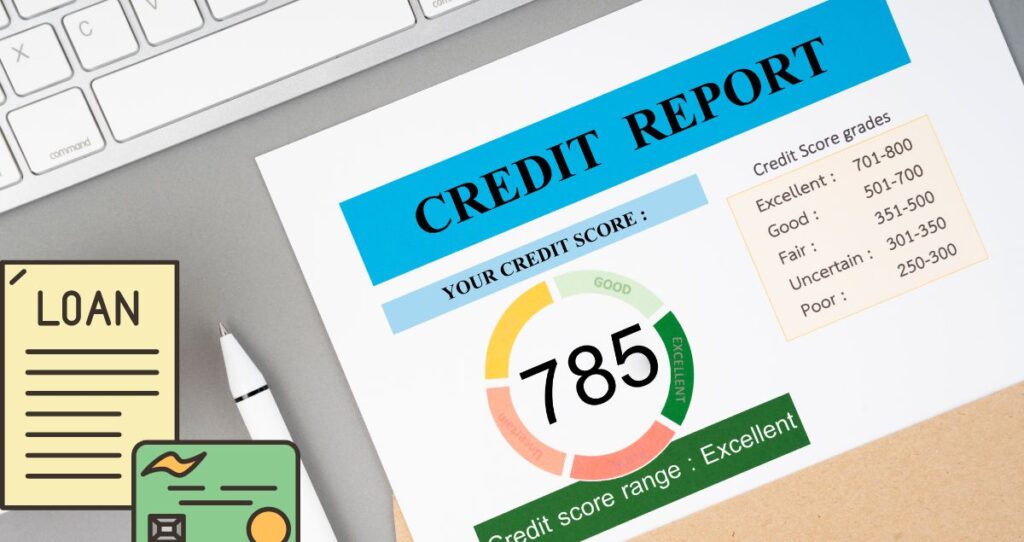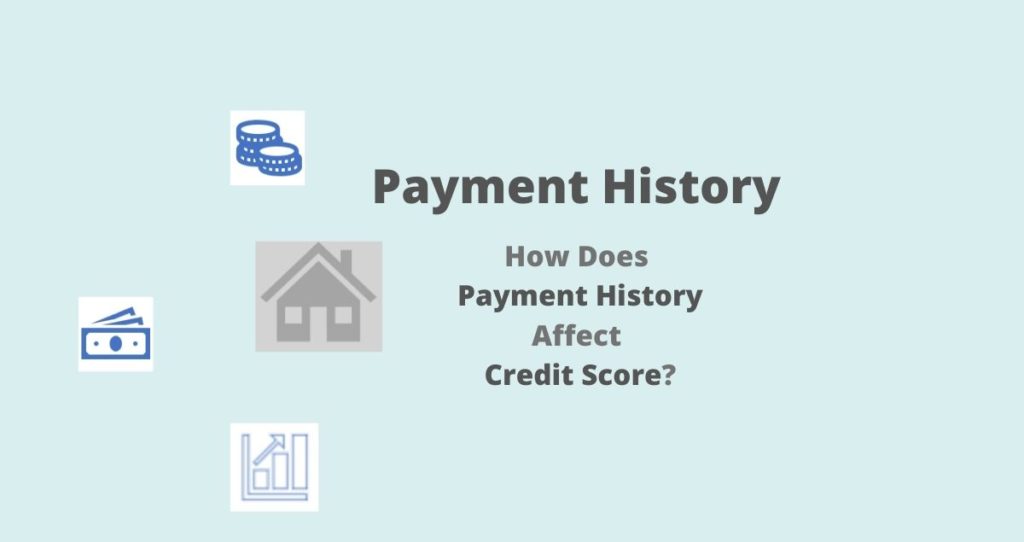What is a good credit score? Before I answer this question, let me give you a quick overview of credit scores. This is the only way the answer will make sense.
A credit score is a three-digit number that ranges from 300 to 850. So, 300 will be a person’s lowest score while 850 is the highest credit score you can get. Generally speaking, you need a 740 credit score to qualify for any loan at better rates and favorable terms.
The credit score range is divided into smaller ranges that help lenders assess borrowers’ creditworthiness. These ranges include exceptional, very good, good, fair, and poor credit scores. These ranges vary by credit scoring model (FICO or Vantage Score model). When you apply for a loan, lenders usually check which range your credit score is in to determine the risk of lending you money. That is your credit score is used to calculate the interest rate you pay, the term of your loan, how much you can be approved for, and whether they can approve or deny your loan application.
While having a credit score in the 700s is critical when shopping for loans, you can still be approved for loans and credit cards for a credit score in the 600s. Referring to credit score ranges, a good FICO score is between 670 and 739 while a good VantageScore is above 661 and 780, according to Experian.
Here is everything you need to know about a good credit score.
Why is a credit score important?
When applying for loans, lenders use your credit score to determine how risky it is to lend you money. A higher credit score shows you that you are responsible, pay your bills on time, and therefore, a less risky borrower. For this reason, you will qualify for lower interest rates, get approved for more money, and can negotiate favorable terms.
A bad credit score, on the other hand, indicates you are a risky borrower. For example, if you have consistently missed loan payments or have negative items on your credit reports, lenders interpret it as if you are not financially responsible. In other words, you are more likely to default on your loan than someone with a good credit score. For this reason, the lender will charge you a higher interest rate, give you unfavorable terms, or reject your loan application.
How does your credit score affect your loan application, credit card, and business services?
- Mortgage application. Depending on the type of mortgage you are applying for, you might need a good credit score or better. For example, according to Nerdwallet, you need a 620 credit score to qualify for a conventional mortgage. Since this is the minimum credit score requirement, you need a much higher credit score to get a lower mortgage rate. For FHA loans, you need at least a 580 credit score for a 3.5% down payment or a 500 credit score for a 10% down payment. VA loans require a 620 credit score while USDA loans require 620 preferably 640.
- Car loans. A good credit score is necessary for a car loan to get approved and qualify for a lower interest rate. According to Lexington Law, most dealerships and car loan providers require a 660 credit score to get a car loan. Some loan companies, however, might approve your loan application for a much higher interest rate if your credit score is below 660.
- Apartment and security deposits. People with good credit scores get approved for apartments fast and some landlords waive or lower security deposits when you have a high credit score.
- Applying for a new credit card. A good credit score qualifies you for a better credit card, lower APR, and a higher credit limit.
- Applying for a job. If the job you are applying for requires a credit check, you will get hired fast when you have a good credit score.
What are the credit score ranges?
The credit score ranges from 300 to 850 with 300 being the lowest score you can have while 850 being the highest score. The lower your score, the harder it is to qualify for loans and credit cards. According to Experian, the following are ranges of credit scores.
- Exceptional credit score: 800-850. With an 800+ credit score, you can qualify for any loan at the lowest interest rates.
- Very good credit score: 740-799. Most lenders prefer borrowers in this range or better as they carry less risk.
- Good credit score: 670-739. A credit score in this range is considered good and you can qualify for loans but your rates will be a bit higher.
- Fair credit score: 580-669. With a fair credit score, you might qualify for certain loans at a much higher interest rate.
- Poor credit score: 300-579. Most lenders will deny your loan application and if you get approved, the interest rate and terms will be unfavorable. People with poor credit scores usually have consistent late payments and similar negative items on their credit reports, high credit utilization rates, and above-average debt-to-income (DTI) ratios.
You might also like: Is 800 credit score good: How to make the most of it?
What is a good credit score?
Lenders require different credit scores based on the type of loans and services you are applying for. I should also mention that getting in a certain credit score range is more important than getting a specific number as credit scores in similar ranges usually qualify for the same benefits. For example, there is no big difference between an 810 and an 840 score in terms of loan benefit, interest rate, or loan approval amount. Both scores are in the exceptional credit score range, and therefore, come with similar loan benefits.
Instead of targeting a number such as 700 or 780, aim for a credit score range such as a Super-prime category. Here are 5 categories of borrowers based on their credit scores, according to the Consumer Financial Protection Bureau (CFPB).
| Type of borrower | Min. Score | Max. Score |
| Super-prime | 720 | 850 |
| Prime | 660 | 719 |
| Near-prime | 620 | 659 |
| Subprime | 580 | 619 |
| Deep subprime | 300 | 579 |
What is a good credit score based on the above categories?
Based on the table above, any score that puts you into the Prime and Super-prime borrower is considered a good credit score. In other words, you need a 660 or higher score to qualify for most loans and credit cards. If you want a lower interest rate on your loan, aim for the Super-prime category or a credit score between 720 and 850. The higher your credit score in this range, the lower your interest rate will be.
If your credit score is under 660, aim for the Prime category.
According to Investopedia, a prime borrower is a borrower who is considered a below-average credit risk. In other words, you are a prime borrower if you can make all your payments on time, and more importantly, repay the principal you borrowed plus interest.
Being a prime borrower will be your starting point. You can improve your score from there.
However, if your score is in the deep subprime, getting into the subprime should be your short-term goal before getting into the Prime and Super-prime categories. And if you are in the subprime, improve your score to the near-prime, and so on.
As long as you apply this method, you will always end up in the super-prime where you will qualify for all types of credit with favorable rates.
What are the factors that affect your credit score
Your credit score is a sensitive number and is directly affected by information in your credit reports. Here are factors that affect your credit score.
- Payment history. Payment activities account for 35% of your FICO score and 40% of your Vantage score.
- Credit utilization. How much you owe on revolving credit accounts accounts for 30% of your FICO score and 20% of your Vantage score.
- Derogatory/negative items. Negative times such as foreclosure, late payment, bankruptcies, and account collection, significantly drop your credit score.
- Credit age. The age of your credit accounts for 15% of your FICO score. For the Vantage score, the age of your credit is combined with your credit mix for 21% of your score.
- New accounts activities. New account activities result in hard inquiries on your credit reports and account for 10% of your FICO score and 11% of your Vantage.
- Credit mix. The type of your credit accounts accounts for 10% of your FICO score. A good credit mix should have installment loans such as car loans and revolving credit such as credit cards, HELOCs, and personal lines of credit.
Learn more: 6 factors that affect your credit score
How to improve a credit score?
If you have a low credit score, improving it will be a great way to get approved for loans and qualify for lower interest rates.
Here are tips to raise your credit score fast.
- Pay your bills on time as on-time payment has the biggest impact on your credit score.
- Keep your credit utilization under 7% to boost your score.
- Avoid applying for credit very often to minimize the impact of hard inquiries on your credit score. Each inquiry drops your credit score by 5 to 6 points.
- Clean your credit reports by disputing errors, inaccuracies, and removable items on your credit score to major credit reporting agencies
- Pay off your loans faster by consolidating them or refinancing high-interest debts to improve your debt-to-income ratio
- Do not close unused credit card accounts to avoid lowering the age of your credit
Related articles:
- How to get an 800 credit score the easy way?
- Get a 700 credit score in 7 simple steps
- How to Raise Your Credit Score in 30 Days?
What is a good credit score to buy a house?
If you are buying a house, you will need at least a 620 credit score. But, to qualify for a lower interest rate and lower your monthly mortgage payments, you need to have a 740+ score. For FHA loans, you need at least a 500 credit score for a 10% down payment or a 580 credit score for a 3.5% down payment. USDA and VA loans require at least a 620 score but a 640 score is preferable for USDA loans.
Keep in mind that these are minimum credit score requirements. To qualify for lower rates and better terms, you still need a good credit score typically in the 700s. The higher your score, the lower the interest rates you will qualify for.
You might also like: What is a good credit score to buy a house?
What is a good credit score for a car loan?
Car loans are usually flexible in terms of credit score requirements. Flexibility, however, does not mean you will easily get a car loan with a 400 score. According to Toyota Direct, you need a good score of at least 661 to qualify for a car loan. Some loan providers might require a higher credit score while others can still lend you money with a lower credit score in exchange for a higher interest rate.
What is a good credit score for getting a credit card?
Credit cards come with some of the highest APRs in the lending industry. The only way to qualify for a reasonable APR on your new credit card account is to have a higher credit score.
Currently, the average credit card APR is 24.37% according to Investopedia. This means if you don’t have a good credit score, the APR on your new credit card account will be more than the average APR. Can you imagine paying 25% interest charges on the balance you carry on your credit card? It is not financially reasonable. To secure a good APR on your next credit card account, you need at least a 720 credit score, though you can still get approved for any score above 670.
More credit score tips
10 easy tips to improve your credit score fast
